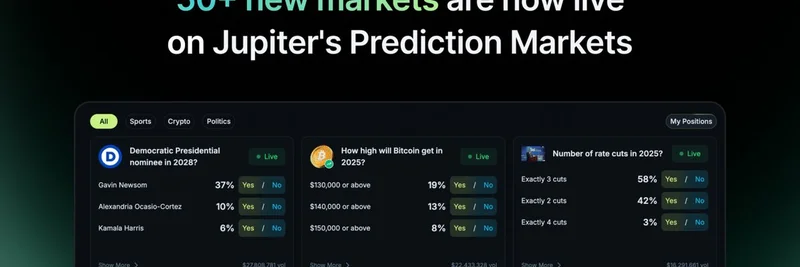The world of blockchain and intellectual property (IP) just got a reality check with the Pinkfong saga. You know Pinkfong – they're the folks behind the viral sensation "Baby Shark," that earworm that's probably still stuck in your head. Recently, they dipped their toes into crypto by tokenizing their IP on Story Protocol, a blockchain platform designed to make IP management more transparent and efficient. But what started as a promising collaboration quickly turned into a classic crypto drama involving endorsements, price pumps, and an alleged rug pull.
The Hype at Origin Summit 2025
It all kicked off at the Origin Summit in Seoul on September 23, 2025. This event, co-hosted by Story Protocol and Blockworks, brought together big names from AI, entertainment, and crypto to discuss the future of IP in the digital age. During the summit, one of Pinkfong's co-founders took the stage and publicly endorsed the launch of the Pinkfong IP token on Story's ip.world platform. This wasn't just a casual shoutout – it was a full-on announcement that got the community buzzing.
The token, built on Story's permissionless metalayer, allowed anyone to launch and interact with IP assets in a decentralized way. Fans and creators could remix Pinkfong content, like Baby Shark memes or derivatives, while sharing in the value through the token. The endorsement seemed like a seal of approval, signaling that major Web2 brands were ready to embrace Web3. Prices surged, with the broader Story Protocol token ($IP) hitting an all-time high around $14.78 shortly before the summit.
The Sudden Turn: Rug Pull Allegations
Fast forward just a few days, and things went south. As the token price started dipping, another Pinkfong co-founder disputed the license, claiming unresolved payment issues between intermediaries. Here's the breakdown: Story's partner, ip.world, had signed a licensing deal through BBF (a licensee) and BSU (another intermediary that held rights from Pinkfong). They did their homework – confirmations, agreements, and even direct verification with the endorsing co-founder.
But when the price dropped, Pinkfong pulled the plug, essentially rugging the community. A "rug pull" in crypto terms is when project insiders dump their holdings or abandon the project, leaving investors high and dry. In this case, it made Story and ip.world look like the villains, even though community members argue it was Pinkfong's internal chaos – think Web2-style contract disputes and delayed payments – that caused the mess.
A clip from a post-summit discussion, shared by @robbie_rollup on X, captures the frustration: "IP World metalayer is permissionless, anyone can launch an IP token. Pinkfong founder originally endorsed the IP and announced it on stage at Origin Summit. Later rugged once the price went down, making Story look like the bad guys. Pinkfong are the bad guys."
Why This Matters for Meme Tokens and Blockchain
This incident shines a light on the risks in bridging traditional IP with blockchain. Meme tokens, which often thrive on hype and community, can behave similarly to IP tokens like this one – quick pumps followed by volatile drops. But unlike pure memes, IP tokens carry real-world assets and legal baggage. Story Protocol aims to fix this by putting everything on-chain: transparent provenance, automatic royalties via smart contracts, and no room for after-the-fact disputes.
Community reactions on X have been heated. Users like @marshallbilly_ from Story emphasized that they were the ones rugged, not the ruggers. Others, such as @krish_1243, pointed out how this exposes Web2 IP flaws: "Too many middlemen, hidden contracts, and easy offline disputes." Despite the FUD (fear, uncertainty, doubt), many remain bullish on Story, seeing this as proof that blockchain solutions are needed more than ever in the $80 trillion IP market.
Pinkfong's move has also sparked discussions about trust in crypto. One reply to the original thread noted, "It's fascinating how IP management can shift so quickly. Trust is crucial in such volatile landscapes." Indeed, with AI remixing content and memes going viral, platforms like Story could revolutionize how creators monetize without the rug-pull drama.
Lessons Learned and What's Next
For blockchain practitioners, this is a reminder to dig deep into partnerships. Story's team is likely rethinking partner vetting, but the protocol itself holds strong – it's designed for permissionless innovation, after all. As for Pinkfong, their rep took a hit in the crypto space, with calls for more accountability from big brands entering Web3.
If you're into meme tokens or exploring IP on blockchain, keep an eye on Story Protocol. Despite the dip in $IP to around $7.59, the vision of tokenizing everything from K-pop to cartoons remains compelling. Who knows, maybe the next Baby Shark remix will be a community-owned hit that avoids all this mess.
Stay tuned for more updates on meme token trends and blockchain news right here at Meme Insider.



